Convert Conversations to Tickets
You can now convert conversations from PLuG and Slack directly into tickets. Previously, conversations were only linked to tickets. This update streamlines workflows and enhances the customer experience.
For conversations originating from PLuG or Slack, the Link to Ticket functionality is being replaced with a new Convert to Ticket feature. This change provides a more seamless transition from conversation to ticket management.
How Conversation conversion works
When you convert a conversation to a ticket, the following happens automatically:
- The original conversation is moved to Archived stage and cannot be reopened.
- A new ticket is created with:
- All internal discussions and customer messages copied from the conversation.
- Preserved conversation metadata including:
- Source channel
- Customer account information
- External members added as reported by on the ticket
- An AI-generated ticket title and description based on customer messages.
How to convert Conversations to Tickets
Manual Conversion
To manually convert a conversation to a ticket:
- Open the conversation record pane view.
- Click Convert to Ticket to initiate the conversion.
Automated Conversion via Workflows
Set up automated workflows to convert conversations to tickets based on specific triggers:
- When a conversation is updated with certain criteria
- When your AI agent identifies an issue requiring escalation
- According to your custom business rules
Workflows enable seamless handovers from automated conversations to your support teams when necessary.
End user experience
PLuG widget experience
When a conversation is converted to a ticket in the PLuG widget:
- The ticket number and basic details appear in the same conversation pane.
- Users can click Details to view complete ticket information.
- If the Tickets tab is enabled in PLuG, users can track their ticket status there.
Slack experience
When a conversation is converted to a ticket in Slack:
- Ticket information is sent within the same thread.
- All subsequent messages sync with the newly created ticket.
- The transition is seamless for the end user.
Why you should convert a Conversation to a Ticket
Consider converting a conversation to a ticket in these scenarios:
- Complex issues: When a customer inquiry requires in-depth investigation that can't be resolved in a quick conversation.
- Cross-team collaboration: Issues requiring input from multiple departments or specialists.
- Escalation needs: When a conversation needs to be escalated to a higher support tier.
- Feature requests: Customer suggestions that need to be tracked and potentially implemented.
- Bug reports: Technical issues that require development team involvement.
- SLA tracking: When you need more formal tracking of resolution times for critical issues.
- Documentation: Issues that should be formally documented for compliance or future reference.
- Resource allocation: When dedicating specific resources to resolve a particular customer issue.
- AI handoff: When an AI-handled conversation reaches its capability limits and needs human expertise.
- Extended troubleshooting: Issues requiring multiple steps or follow-ups over time.
Key information
-
Channel support: Currently, the conversion feature is only available for PLuG and Slack conversations. Other channels still use the traditional Link Ticket functionality.
-
CSAT surveys: CSAT surveys are not sent when a conversation is converted to a ticket. Surveys are only triggered when a conversation is resolved, not when it's archived through conversion.
-
SLA handling: Conversation and ticket SLAs operate independently. When converting:
- The new ticket starts with its own response and resolution SLA timers.
- All active SLA metrics on the original conversation are marked as completed.
-
Conversion permanence: Conversion cannot be undone. Once a conversation is converted to a ticket, this action is permanent and the conversation remains archived.


